I ran into a similar issue and following is what I did to accomplish the same: -
import 'package:flutter/material.dart';
import '../widgets/basic_dialog.dart';
import 'sign_in_form.dart';
import 'sign_up_form.dart';
class LoginDialog extends StatefulWidget {
@override
_LoginDialogState createState() => _LoginDialogState();
}
class _LoginDialogState extends State<LoginDialog>
with SingleTickerProviderStateMixin {
int activeTab = 0;
TabController controller;
@override
void initState() {
super.initState();
controller = TabController(vsync: this, length: 2);
}
@override
Widget build(BuildContext context) {
return NotificationListener(
onNotification: (ScrollNotification notification) {
setState(() {
if (notification.metrics.pixels <= 100) {
controller.index = 0;
} else {
controller.index = 1;
}
});
return true;
},
child: BasicDialog(
child: Container(
height: controller.index == 0
? MediaQuery.of(context).size.height / 2.7
: MediaQuery.of(context).size.height / 1.8,
padding: const EdgeInsets.all(8.0),
child: Column(
mainAxisSize: MainAxisSize.min,
children: <Widget>[
TabBar(
controller: controller,
tabs: <Widget>[
Padding(
padding: const EdgeInsets.all(5.0),
child: Text('Sign In'),
),
Padding(
padding: const EdgeInsets.all(5.0),
child: Text('Sign up'),
),
],
),
Expanded(
child: TabBarView(
controller: controller,
children: <Widget>[
Padding(
padding: const EdgeInsets.all(8.0),
child: SingleChildScrollView(
child: SignInForm(),
),
),
// If a container is not displayed during the tab switch to tab0, renderflex error is thrown because of the height change.
controller.index == 0
? Container()
: Padding(
padding: const EdgeInsets.all(8.0),
child: SingleChildScrollView(
child: SignUpForm(),
),
),
],
),
)
],
),
),
),
);
}
}

